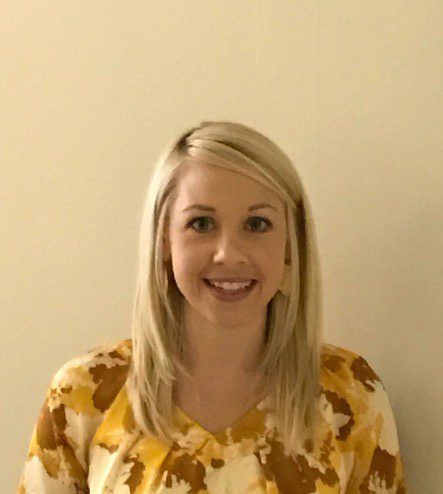By Jessica Hoover
Teachers from Riverside Intermediate School and Fall Creek Intermediate School have been trained by the Mindful Schools program and plan to implement mindfulness in their classrooms this fall. According to Brooke Lawson, mental health coordinator at Hamilton Southeastern Schools, mindfulness is about creating a pause in your day, slowing your thoughts down and paying attention to the world around you.
Mindfulness can be practices such as mindful breathing, mindful thinking, mindful communication and more. The teachers will walk their classes through a variety of scripted exercises and lead a discussion afterward. Freedom Kolb, executive director of the Hamilton Southeastern Schools Foundation, said practicing mindfulness in the classroom differs day to day.
“It could be as simple as taking a moment at the beginning of the day to be mindful, to think about your day, to kind of use positive self-speaking,” Kolb said. “But then there also could be times in your day when a student could be experiencing some anxiety, so you stop and take a break and practice being in the present, thinking positively.”
The idea for implementing mindfulness in Hamilton County classrooms came from a a community member who provided a donation to Hamilton Southeastern Schools Foundation. She and her family felt like there was a need to become more proactive in the mental health of younger children, and that led to the idea to participate in the Mindful Schools program.
Although mindfulness is still a new topic in education, Lawson said it has been proven to benefit students.
“It helps people make better choices (and) helps the students communicate better with one another,” Lawson said. “It helps increase self-discipline and self-regulation. It improves confidence, it helps with interpersonal skills, it improves emotional response and it increases the ability to understand others.”
Teaching mindfulness to students at a young age could even have lasting effects, according to Kolb.
“I think it will help long-term with time management, with coping with anxiety, with decision-making,” Kolb said. “It’s giving them another tool that they’ll be able to use for the rest of their lives.”



